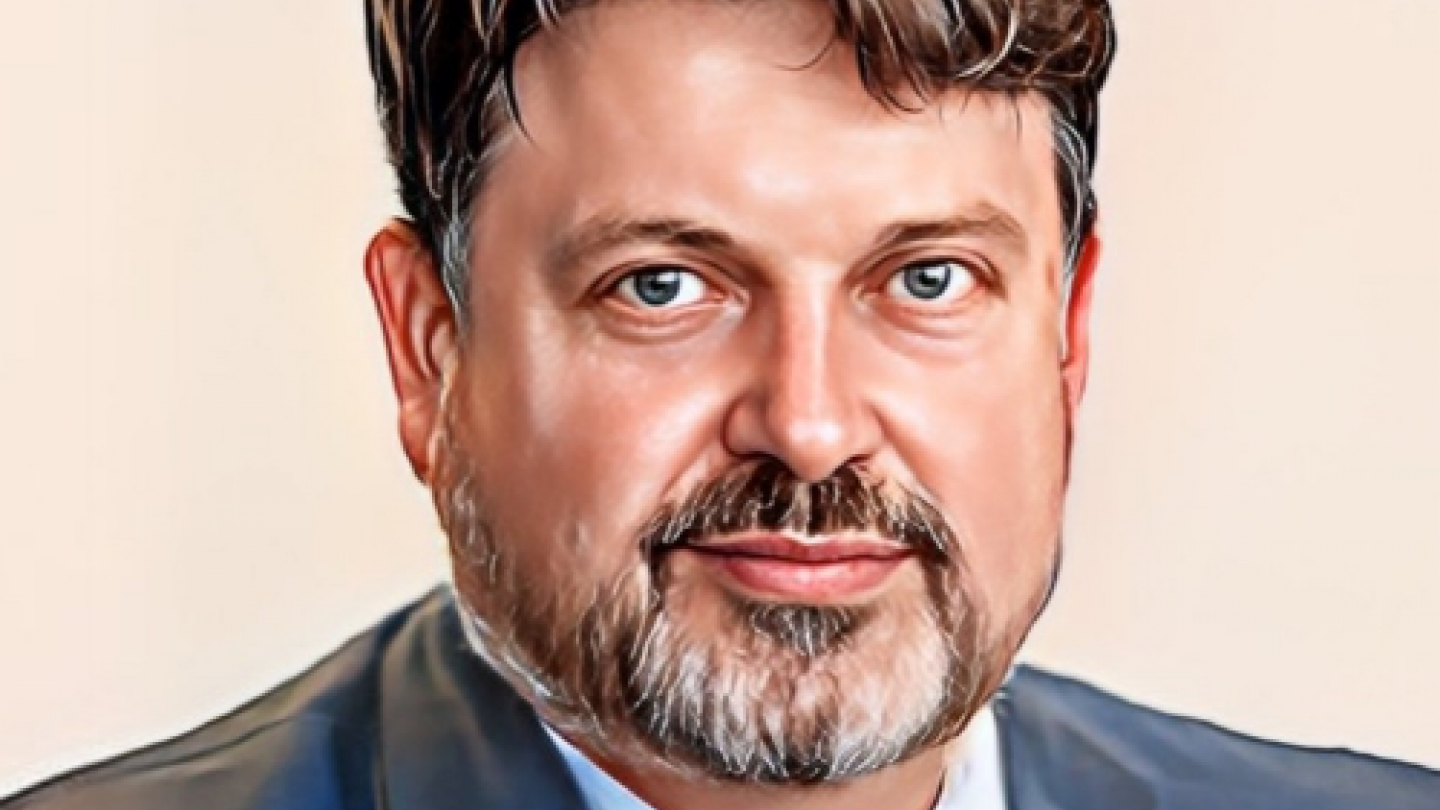Han Dieperink is chief investment officer at Auréus Vermogensbeheer. Earlier in his career, he was chief investment officer at Rabobank and Schretlen & Co.

Don't invest in banks, except those from Japan
If you want to generate returns through stocks, focus on companies that achieve a higher return on invested capital than it costs to raise that capital. This is the essence of value creation.
JD Vance as the new power player
Trump’s pick of James David Vance, better known as J.D. Vance, as vice-presidential candidate markets a firm shift.
Summer rally looming
In the years when a new US president is elected, there is often a summer rally. Typically, July is the month when the media pays more attention to the election.
The vanished housing market
House prices in Europe are soaring to historic highs, but supply isn’t meeting demand, creating a critical housing market crisis.
Value investing is dead, long live value investing
A company’s human capital is difficult to value, but the art of attracting and retaining talent is often the starting point of disruptive innovation.
Vive la sixième république!
Never before have there been so many elections in a single year, and yet another one looms.
More market, less government
There have been many criticisms of capitalism in recent years. These were mainly attempts to get rid of neoliberalism that relied on the solving power of the free market.
In practice, many neoliberals have distanced themselves from the idea of a “natural” free market. For these neoliberals, the market exists thanks to a government that regulates property rights, makes provisions for international trade and also fuels the competitive spirit. Everything and everyone has to compete with each other, even in terms of utilities and the welfare state.
Inflation and the power of information
Inflation is rearing its head again, and many fear a rerun of the 1970s scenario. But here’s the catch: the world today is vastly different from back then, mainly because of our access to information. It’s a game-changer. Think about it: a smartphone user today holds more data in the palm of their hand than the US President had in the early 1980s. Knowledge about inflation isn’t just abundant—it’s at our fingertips, dramatically altering how we deal with economic crises.
Geopolitical Risks
In the financial markets, geopolitical risks often exhibit a binary nature: for a long time, they pose no issue until suddenly, they do. Consequently, the relationship between geopolitical risks and the financial markets’ response is not straightforward. This complexity partly arises because these risks usually stem from singular events, which markets are adept at overlooking. In this context, possession often marks the end of interest.
Animal spirits
Money’s gotta move—it’s the backbone of our economy, and the speed at which it zips around, known as the turnover or circulation rate, tells us a lot. It’s all about how often a dollar is spent in a certain timeframe. When times are good, money flows like a river—transactions aplenty. But in rougher waters, that river slows to a trickle as folks hold tight to their wallets. Lately, after a sluggish spell, we’re seeing that flow pick up speed again.